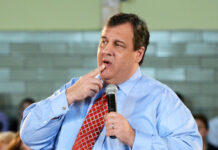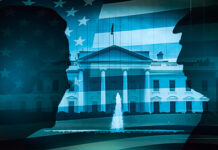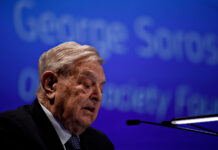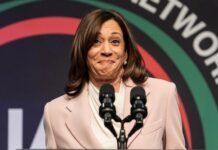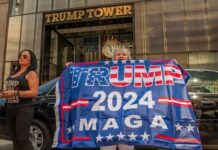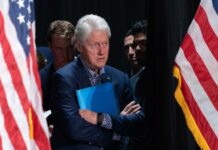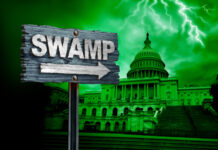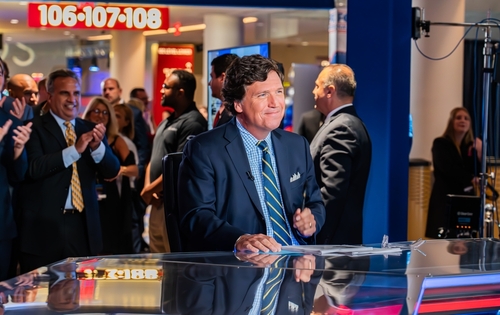
In a recent podcast appearance, Tucker Carlson delved into the enigmatic subject of unidentified flying objects (UFOs), shedding light on what he perceives as a deeply unsettling aspect of these mysterious sightings. His comments have sparked a renewed interest in the topic, which has long been a source of speculation and controversy.
Carlson expressed his belief that there is a “spiritual component” to the UFO phenomena that he finds difficult to comprehend. This admission adds a new layer to the ongoing debate about the nature of these occurrences, suggesting that they may not be purely scientific or extraterrestrial in origin but could potentially touch upon aspects of human experience that are yet to be fully understood.
NEW: Tucker Carlson says ‘Aliens’ are one of the few topics he is scared to cover, says the things he has learned are so dark that he can’t even tell his wife.
“There's a spiritual component there that I don't fully understand.”
“There are parts of that story that I do not… pic.twitter.com/1dyMVhHEmr
— Collin Rugg (@CollinRugg) December 17, 2023
The implications of Carlson’s statements are profound. He suggests that the general public might not be ready to grapple with the full reality of UFOs, hinting at truths so radical that they could fundamentally alter our understanding of the world. This perspective aligns with a certain strand of conservative thought that values caution in the face of unknown and potentially destabilizing revelations.
Carlson also alluded to historical evidence of UFO encounters, citing written records, paintings, and literature that document human interactions with these phenomena over centuries. This point underscores the argument that UFO sightings are not a modern anomaly but part of a longstanding pattern that merits serious consideration.
The Secret World of Alien Abductions
[longer thread]Tucker Carlson recently hinted at the deeper levels of the Alien/UFO topic and a very disturbing topic beyond the superficial talk we've seen so far in the public arena.
Tucker admitted to saying, "It's so dark, I haven't… pic.twitter.com/0VkeCCHrry
— Bernhard Guenther (@veilofreality) December 15, 2023
During the conversation, Carlson touched upon the government’s awareness of UFOs, suggesting that official entities have been privy to their existence for much longer than the public has been led to believe. He speculated that this knowledge could date back to the 1930s, raising questions about the extent and implications of governmental secrecy on the matter.
The broadcaster’s remarks included an acknowledgment of the emotional toll that such knowledge can take. He admitted to withholding certain disturbing details from his loved ones, indicating the weight of the information he has encountered regarding UFOs. This personal revelation adds a human dimension to the discourse, highlighting the potential impact of such information on individual lives.
Carlson’s call for disclosure was tempered by his recognition of the disturbing aspects of the UFO phenomenon. While advocating for transparency, he seemed to wrestle with the consequences of bringing such unsettling information to light, reflecting a conservative concern for the stability and well-being of society in the face of disruptive truths.
The discussion of UFOs took a turn when Carlson mentioned the 2020 election, revealing that his views on the event have evolved. He conceded that there may have been issues he previously dismissed that now appear to hold merit. This admission suggests a willingness to revisit and reassess past beliefs, a stance that resonates with a broader conservative value of seeking truth, even when it challenges established narratives.
In conclusion, Tucker Carlson’s ominous comments on UFOs have introduced a complex and multifaceted perspective to the public discourse. By acknowledging the spiritual, historical, and governmental dimensions of the phenomenon, he has invited a deeper exploration of a topic that remains shrouded in mystery and controversy. As the conversation continues, it is clear that the search for truth in this realm is far from over, and the implications for our understanding of reality remain as profound as ever.

